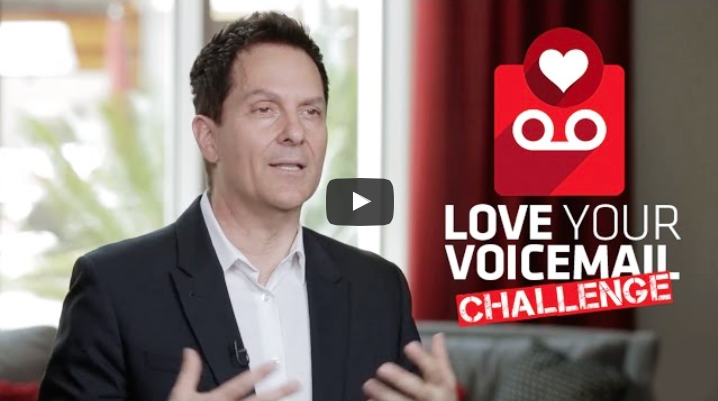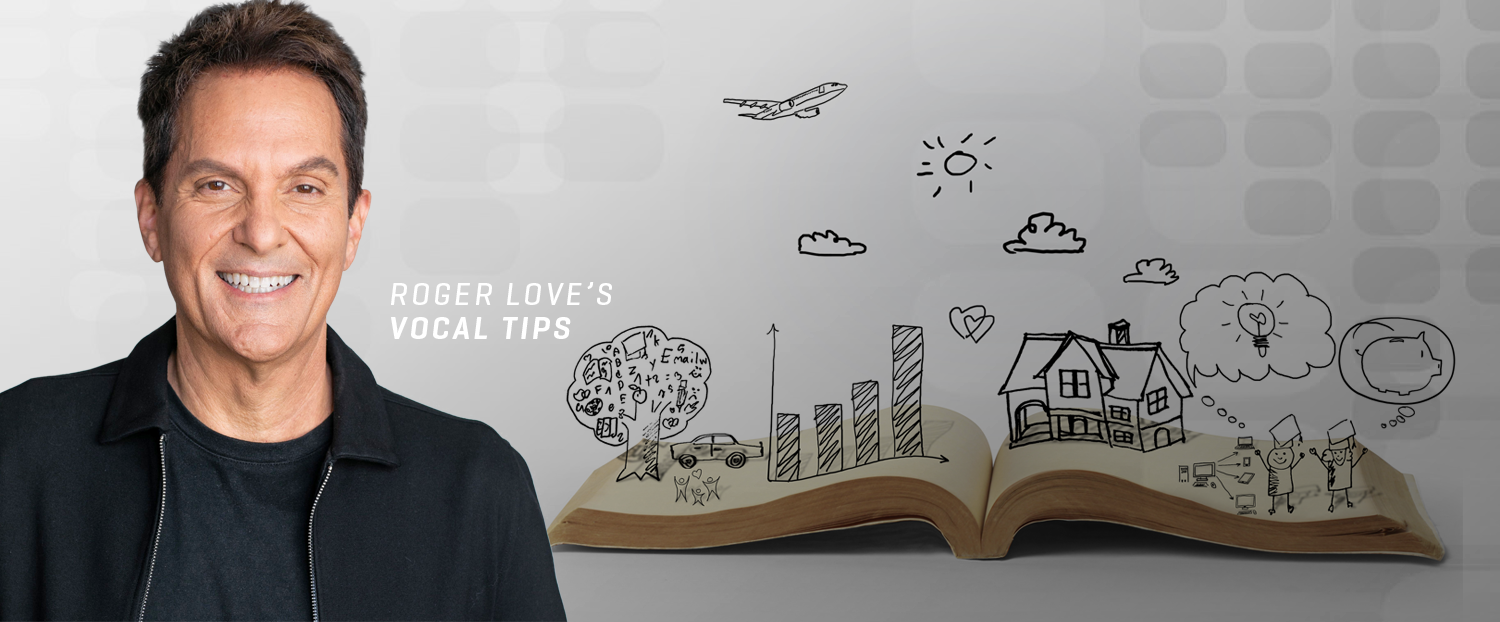Learning who you truly are as a person isn’t easy. Discovering your authentic self takes time, patience, and constant growth. As Michelle Obama puts it in her memoir Becoming, “Becoming is never giving up on the idea that there’s more growing to be done.” Knowing who you are and that it’s OK to keep working on yourself can give you assurance and peace of mind. If you’re wondering how to boost self-confidence, uncovering who you are truly meant to be will help you achieve it.
There’s just one small catch — how do you discover your authentic self?
This guide will help you learn how to build confidence by realizing who you are.
What authenticity is and why it matters
Before getting into strategies to help you discover yourself and build confidence, let’s define authenticity and discuss why it’s so important.
Being authentic means acting in ways that express how you truly feel. You don’t keep one side of yourself hidden or put on an act in certain situations. You reveal all of yourself genuinely. You also:
- Make decisions that align with your values
- Pursue your passions
- Set boundaries to keep you from toxic situations
- Allow yourself to be vulnerable
Knowing who you really are also takes a fair amount of self-awareness, mindfulness, and self-acceptance.
Expressing your authentic self can be difficult, especially in the digital age. We can cultivate entire personalities online, only showing off certain aspects of our lives or even expressing entirely false personas. But when you continue to express yourself as someone you’re not, what you really tell yourself is that it’s not acceptable to be the real you. Suppressing parts of yourself or denying what genuinely makes you you can make you feel:
- Isolated or lonely
- Disconnected from the people around you
- Worthless and unimportant
You can see how intimately linked authenticity and self-confidence are.
Now that you know why unveiling your authentic self is so crucial, you can start down your path of self-discovery.
Strategies for becoming your true self
1. Examine your authenticity objectively
To start developing authenticity, you must first take a step back and try to observe yourself objectively or like a “fly on the wall.” Try to take note of how you act and react, particularly in high-pressure or challenging situations. Determine which of your actions feel adaptive (responding and behaving how you think others want you to) and which feel authentic. By doing this exercise consistently, you’ll begin to notice falseness in your actions.
2. Be present with yourself
It helps to open a dialogue with yourself when trying to develop authenticity. Mental clutter and reactions to external situations prevent you from learning more about who you are. Make your focus yourself by checking in regularly throughout the day. You can even have your adaptive self and authentic self speak with each other, to learn why each one behaves the way it does.
3. Look for discrepancies between your actions and beliefs
As you examine your own authenticity and check in on how you truly express yourself, you should develop an understanding of your core values, beliefs, and opinions. Once you know what they are, start looking for discrepancies between what you believe and what you do or say. Are you saying something simply because someone else taught you to, or because you genuinely believe it?

4. Face your fears
It’s highly likely you’ve developed an inauthentic, adaptive self because you are afraid. You might fear rejection, vulnerability, making an error, or any number of things that motivate you to keep your true self closed off. If you want to develop authenticity, you will have to work up the courage to face these fears. It can also be scary to look deeply inside yourself to examine what your true values and beliefs are. You need to confront the truths that make you who you are, even if they are hard to deal with.
5. Speak your truth
You put in the hard work to uncover your truths, now you have to learn to speak them!
Internal reflection is only one part of developing authenticity. You must also learn to express yourself to others in a genuine way. This may require you to change your communication style so other people can better understand your intentions.
One reason for miscommunication is speaking with a voice that doesn’t showcase your authentic self. You might speak too quietly to show your personality and strengths. You might speak too loudly and people misinterpret you as being an angry person. By learning to use your voice and match the sounds with the right emotions, you can become much better at showing the real you. You can have open and honest conversations with others. They will better understand you and you will come to know their needs more easily as well.
6. Be kind to yourself
As you go on a journey of self-discovery, it’s important to be kind to yourself. You won’t be perfect and you won’t get everything right the first time. It may also take you a while to develop a full understanding of who you really are. It takes self-love and embracing your deepest truths to become more authentic. When you are able to love and accept yourself, you can send love to friends and loved ones too.
Discover yourself and boost self-confidence
Taking the time to reveal and step into your true self is a noble endeavor. It may not be easy and could take a long time, but the confidence and assurance you feel from expressing yourself authentically will be worth it. And once you start working on who you’re meant to be, you can continue to grow into a better person.




